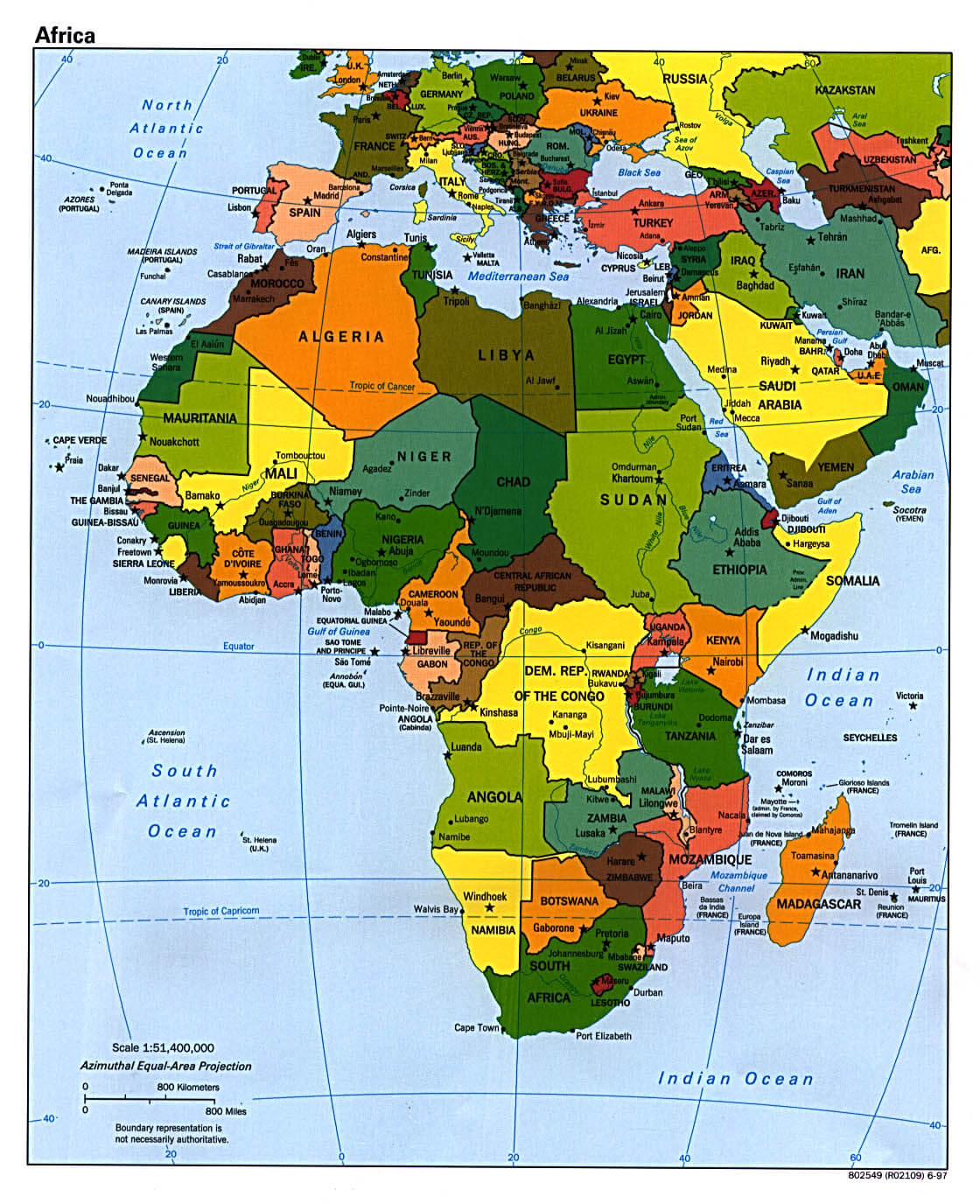By David Gowu, President of the Technology Information Confederation Africa (TICON Africa). As global climate talks continue, with the Baku ...

By David Gowu, President of the Technology Information Confederation Africa (TICON Africa).
As global climate talks continue, with the Baku to Belém Roadmap nearing implementation and COP30 taking place this month, Africa stands at a pivotal moment. The continent needs not only to obtain its portion of a projected $1.3 trillion climate funding flow but also to demonstrate its eligibility for this financial support.
This is crucial when the Roadmap mandates that funding be utilized efficiently, openly, and fairly. No portion of this money should be squandered at a moment when Africa critically needs support in mitigating the negative impacts of climate change.
If the transparency of climate financing serves as the foundation of the Baku to Belém Roadmap, then African technology firms must act as its essential components, monitoring climate funding from distribution to tangible environmental results via the effective application of data.
Throughout the continent, companies are implementing artificial intelligence (AI), cloud computing, and data analysis – ranging from precision farming in Kenya to forest-monitoring technologies in the Congo Basin. These instances demonstrate that the technical expertise is already present.
Nevertheless, Africa's technology industry is still largely excluded from developing the public sector technology and capacity required to monitor and document the effects of climate investments.
Although African startups develop creative monitoring tools, they are seldom asked to design government tracking systems that could tackle corruption, the main reason why billions of dollars in climate funding are lost due to misuse worldwide every year. This leads to a continuous data gap, restricting access to financial resources, weakening accountability, and hindering global transparency objectives.
Africa must guarantee that all utilization of climate funding is above suspicion.
Why data matters:
Data, when converted into information, turns investment into results. It allows us to determine if funds are being utilized efficiently and if commitments are being fulfilled. This is essential for effective governance—an area where Africa has faced criticism. With these insights, climate financing becomes quantifiable, comparable, and confirmable, fostering the trust needed for enduring financial collaborations.
Many African nations emit very little carbon dioxide globally, but they face significant risks from climate change. These impacts involve greater water scarcity, lower food production, and increased social disparities. Millions have been forced to leave their homes due to droughts, floods, and failed harvests – all resulting from the rapid rise in global temperatures.
To achieve Net Zero in Africa, approximately US$2.8 trillion is required – and this number is already outdated. The African Development Bank Group estimates that corruption costs about US$10 billion, funds that could have been used for healthcare, education, and infrastructure. Some experts think the actual amount is significantly greater.
There is a way forward. We can leverage Africa's talented data scientists and experienced software developers to monitor financial movements and assist in decreasing the amount of money that exits our continent annually. By doing so, we enhance governance by promoting transparency, accountability, and data-based supervision, which serves as a protection for Africa's environmental future.
Solutions from Africa for African problems:
In addition, data enables us to determine where immediate action can have the most significant impact and help communities emerge from difficult situations. Why not leverage the existing skills found across the continent? This approach will generate essential employment opportunities while enhancing the capabilities of the upcoming generation of data professionals.
Africa already possesses AI-powered climate models and satellite-based monitoring systems for forests and agricultural areas. These represent strong examples of what can be achieved when local knowledge combines with local conditions.
African enterprises are demonstrating that technology developed on the continent can address worldwide challenges. Let's utilize the talents we have locally to ensure funds are used as planned and directed to where they are most required.
African data scientists offer two key strengths: technical expertise and in-depth local understanding. They grasp the specific conditions, administrative systems, and community requirements that outsiders may not fully comprehend. They are aware of the areas experiencing the most pressing challenges and where financial support will make the biggest difference.
This blend of advanced technology and situational awareness is precisely what the transparency issue requires. It is also the way we will showcase responsible leadership through quantifiable results.
A matter of urgency:
The Baku to Belém Roadmap established the structure for collaborative global efforts. Now, African innovation needs to give it real content.
International donors and global organizations ought to focus on collaborating with African tech firms while developing systems for monitoring climate-related financial flows.
African governments should acknowledge their local technology industries as crucial elements in addressing climate change, by funding digital public infrastructure that enables clear and effective climate management.
African businesses should move ahead with assurance, understanding that their homegrown solutions are capable of matching and even establishing international benchmarks.
The technology is available. The expertise is present. The urgency is clear. Africa has the potential to take the lead in climate finance transparency, provided we have confidence in our abilities and move swiftly as required by this critical time.



